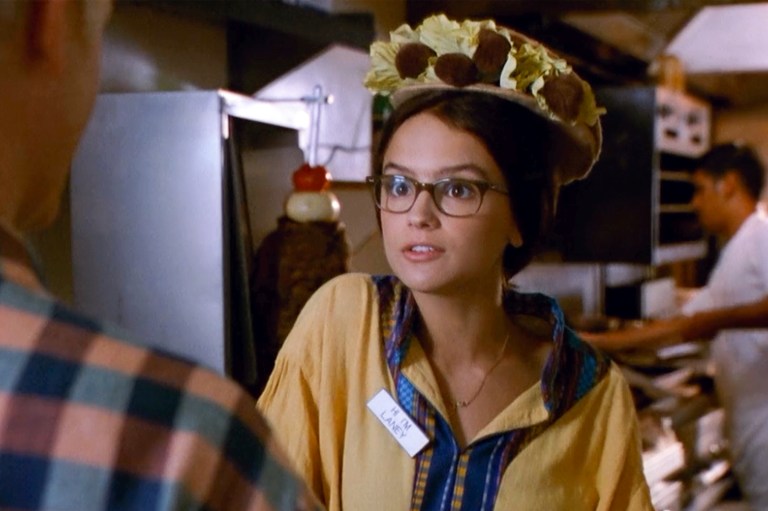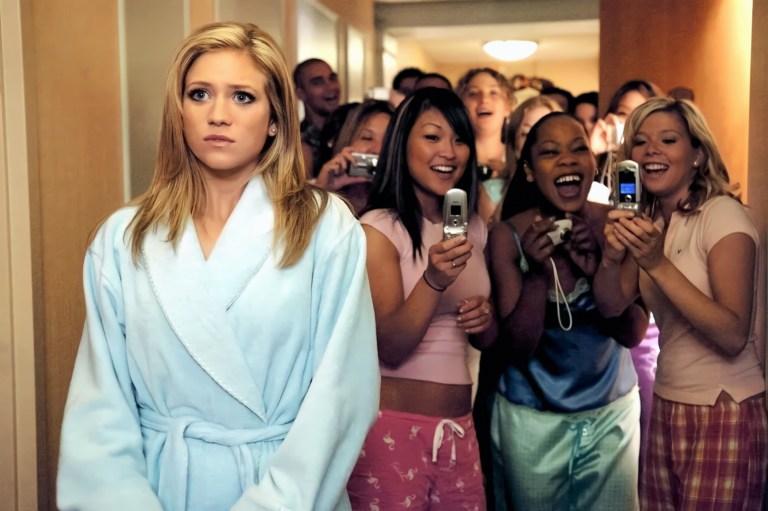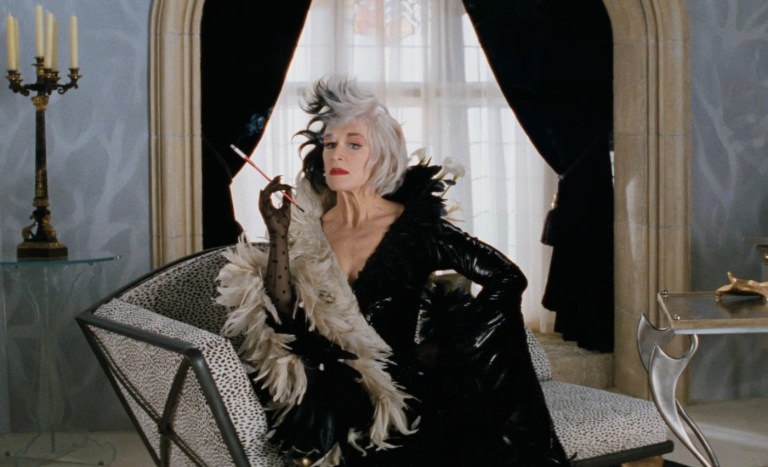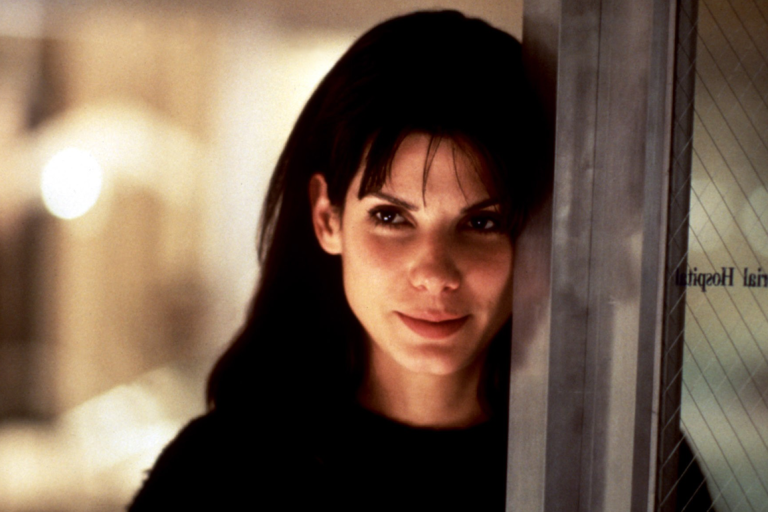
The Difference Between A Nice Guy And A “Nice Guy”
The women who rejected them are but one bullet point in a longer list, for many of these Nice Guys.
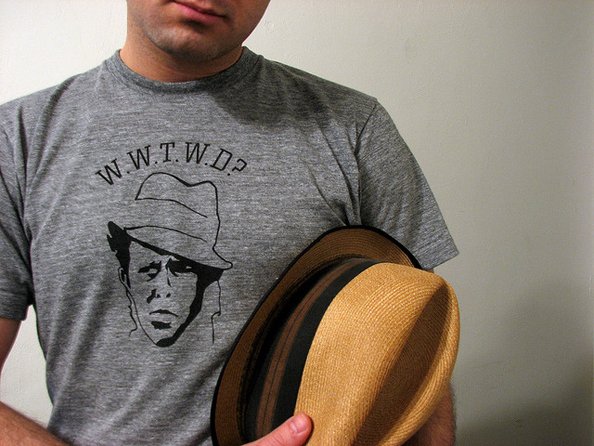
I recently wrote here about the fact that women are not (and have never been) exempt from what we consider to be the “Friend Zone.” It’s just a fact of human interaction that people are going to often develop mis-matched feelings for one another, and someone is going to get hurt — and maybe even quietly resentful. And while it is clear that there is no limit to who can be hurt by unrequited love, there are always positive and negative ways we can actively choose to deal with this particular kind of pain.
When we talk about Nice Guys — in the negative sense — we often talk about them in terms of how they deal with the women who have not given them the kind of love they were looking for, or felt they deserved. We have countless blogs which are dedicated to making fun of guys (notably on OKCupid) who have taken what is clearly their less-than-stellar luck in dating and funneled it into a barely-repressed disdain for women as a whole. And making fun of this is largely positive, I feel, as we should be drawing attention to this kind of attitude as a society. We should make it unacceptable and shameful to become deeply sexist because you have rejected just one too many times.
It is easy to identify a Nice Guy, or to make an amalgam of all of his qualities (topped off by the signature fedora, of course). And it’s safe to say that most of us know a guy like this in our daily lives. Speaking personally, I have engaged in enough “lame” extra-curricular activities in my life to have accrued a veritable smorgasbord of Nice Guys in my Facebook friends. And yes, many of them have sported a fedora on more than one occasion. We are familiar with these people because, unless you were lucky enough to move in a social circle entirely comprised of unfailing Casanovas, chances are high that there was a lot of unrequited love going on around you.
But what makes these Nice Guys so quick to subvert that pain of unrequited love — whether from one individual or from a thousand societal directions — into a palpable hatred for women? There are surely millions of men who have lived through rejection and managed to hold onto a fundamental respect for women, and move onto a real relationship. Perhaps what is most significant in the Nice Guy syndrome is that their rejection is not entirely based on their love lives. A lot of them are what we would not typically consider an alpha male (they’re a bit geeky, not conventionally attractive, somewhat socially awkward), and so their lives have been undoubtedly been littered with rejection from all over. They were not good enough for this team, not cool enough for that party, not desirable enough for that girl. The women who rejected them are but one bullet point in a longer list, for many of these Nice Guys.
The only difference in the rejection they may have faced from a few bros in math class and the pretty girl who didn’t want to go to dinner is that a hatred towards her is perfectly acceptable. It is reinforced in society, told that it is healthy and righteous. “She was a bitch,” we say, “She’s just a dumb slut who wants to get fucked by a bunch of assholes and doesn’t care about actually being with a good guy.” To accept that you may be a bit socially maladroit, or that you have interests or a personality which generally relegates you to a more passive social role, is not easy. To blame this unhappiness on a woman saying “No” is. And even though the real enemy in all of this is the gender role which insist that a man’s worth is largely determined by his social prowess and traditional masculinity (which associates the feminine with the weak and undesirable), to point the finger at something as nebulous as patriarchy would be absurd. Much, much easier to blame the girl who didn’t call you back.
Of course, nearly everyone wants a nice guy. But no woman should be blamed for turning down a Nice Guy. Because the most fundamental, important difference between the two is that an actual nice man, upon being rejected, knows that the woman who said “No” is not immediately deserving of scorn. She is not the source of some grave universal injustice that is being enacted upon him, a medium for all that is wrong with this world. He is more than capable of either turning that gaze inward — “Is there something I could be improving in myself to make myself a more attractive partner?” — or moving on entirely with an optimistic “Well, you can’t win them all.” A Nice Guy, however, never wants to ask himself what he could be possibly doing wrong, or the societal pressures which are forcing him into a role he is not comfortable occupying. His only move is to express his disdain for the woman who turned him down, because no matter how exigent he can be about his possible partners, her using her own discretion is simply out of the question. After all, he’s so Nice, he deserves to have her. ![]()
